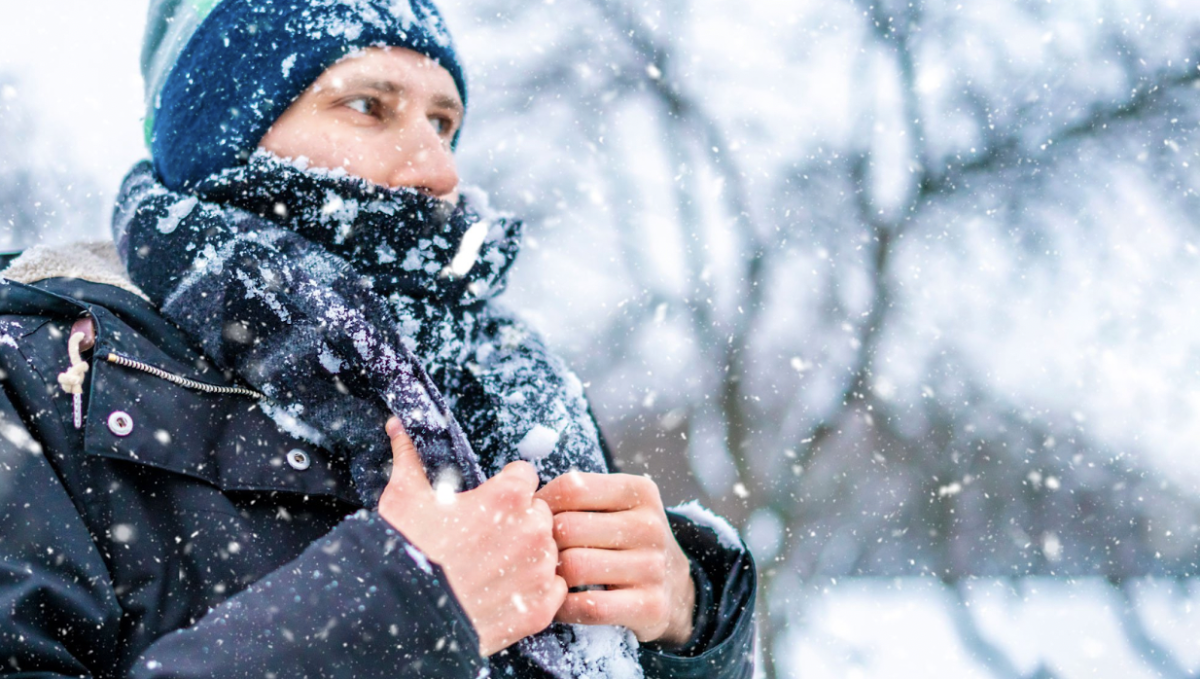When it is cold outside, most people decide to dress up heavily to prevent themselves from getting sick or simply for personal comfort. While this is a great idea, there are many misconceptions about the health implications of coldness, especially the benefits.
The cold often is seen as unhealthy because of the cultural impact of the cold. Events as early as Pilgrims dying because of their crops that couldn’t survive due to the cold have had an impact on how people see the cold.
A great example of a benefit of cold weather is the increased immune system effectiveness that comes with it. Many people think that the cold is what causes sickness, but in reality, it just allows for viruses that transmit bacteria to survive. Vaccines are a good example of how an increase of danger, interestingly, creates greater safety in the future. A vaccine is simply a small exposure to a certain virus so that the immune cells can kill it and learn from this exposure for future reference.
The human body not only plays a role in how a person perceives the cold and sickness but also the mind. There is scientific evidence in psychology that proves that how a person thinks can alter their physical health, such as stress increasing blood pressure. The tendency for a human to think negatively and thus receive a negative outcome has increased substantially because of incorrect beliefs about the cold.
According to Psychology Teacher Nina Kearns: “We have the urban legend that during the cold months we’re more likely to get sick, but I’ve read in terms of research that there is no correlation to support that we would get the flu or get sick in the cold.”
Still, while there are many benefits, there are still the downsides of getting sick.
It is because the cold makes the human body lose heat faster, which directly leads to a decrease in energy. This decrease in energy, as well as other energy-depriving habits, leads to a temporary drastic decrease in the efficiency of the immune system. Because of this inefficiency, sickness can be easily contracted during this time.
But the immune system is not permanently weakened; the immune system receives a boost if the sickness is resolved quickly, which in the case of a basic cold is very likely. Just like the aforementioned vaccine logic and reasoning, the immune system uses B-cells, a virus recognition system, to quickly skip various tedious tasks in the restoration process and go directly to killing the virus.
When a new sickness is introduced to the human body, it is likely that a person might feel sick or even suffer a fever; the immune system is developing an appropriate response to the attack and will do anything in its power to do this, which might result in sickness or fever. A good example of this is apoptosis, regulated cell death; cells will kill themselves in order to prevent a virus or mutation from spreading.
It is important to understand the risks and benefits of cold weather for the next time winter comes. The weather might seem frightful and carry harmful consequences, but in reality it is just another challenge for the immune system, almost like a training session.



